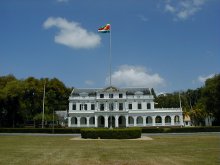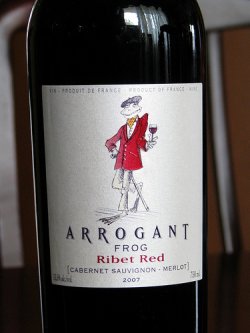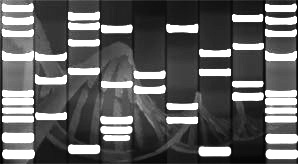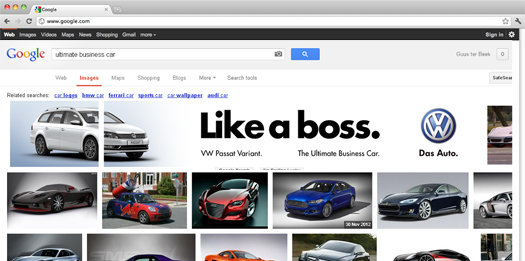
As of today, everybody online can access and search the Surinamese slave registries of the Dutch National Archives, in Dutch.
Started in summer 2017, it took 700 volunteers many months to digitise the entries about 80,000 slaves registered between 1830 and 1863, after which slavery was abolished. Slave owners were obliged to register the details of the slaves in their possession: details such as date of birth, the mother’s name, release or sale, if they had leprosy, and other matters that were important for determining their worth. This project was carried out as a collaboration between the Radboud Universiteit Nijmegen and the Anton de Kom University of Surinam and financed thanks to donors.
One of the difficulties in searching the archive even today is that back then, slaves could not have last names. Their proper last name can be found on emancipation documents of 1863 and put together, many people can track the history of their ancestors.
(Link: nu.nl, Photo by Ian Mackenzie, some rights reserved)



